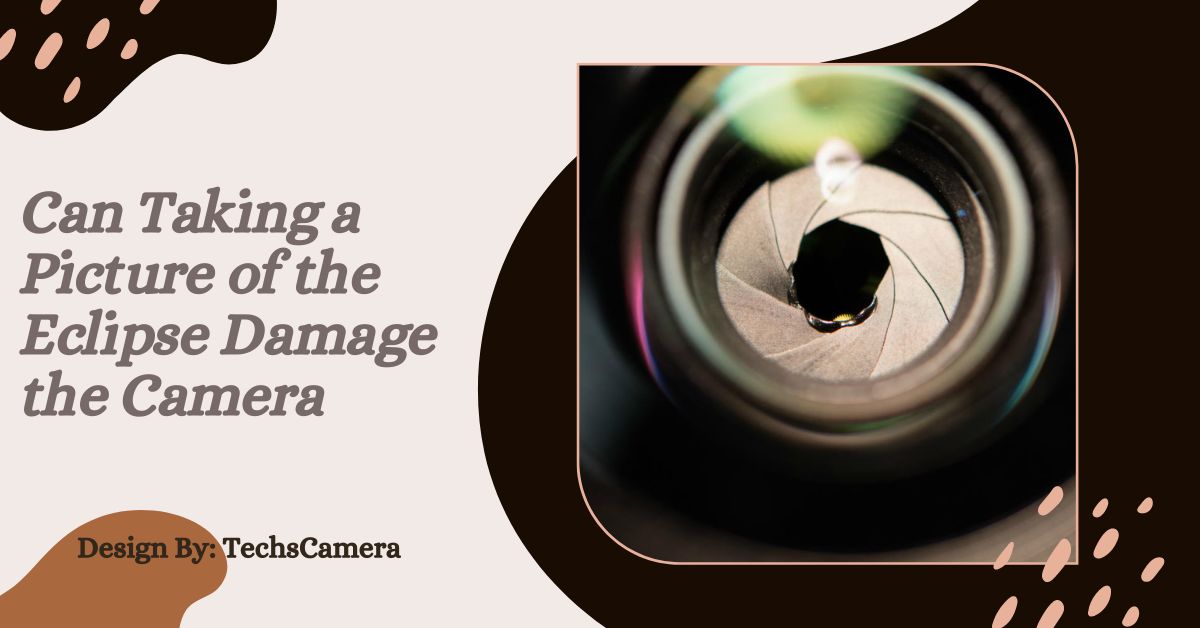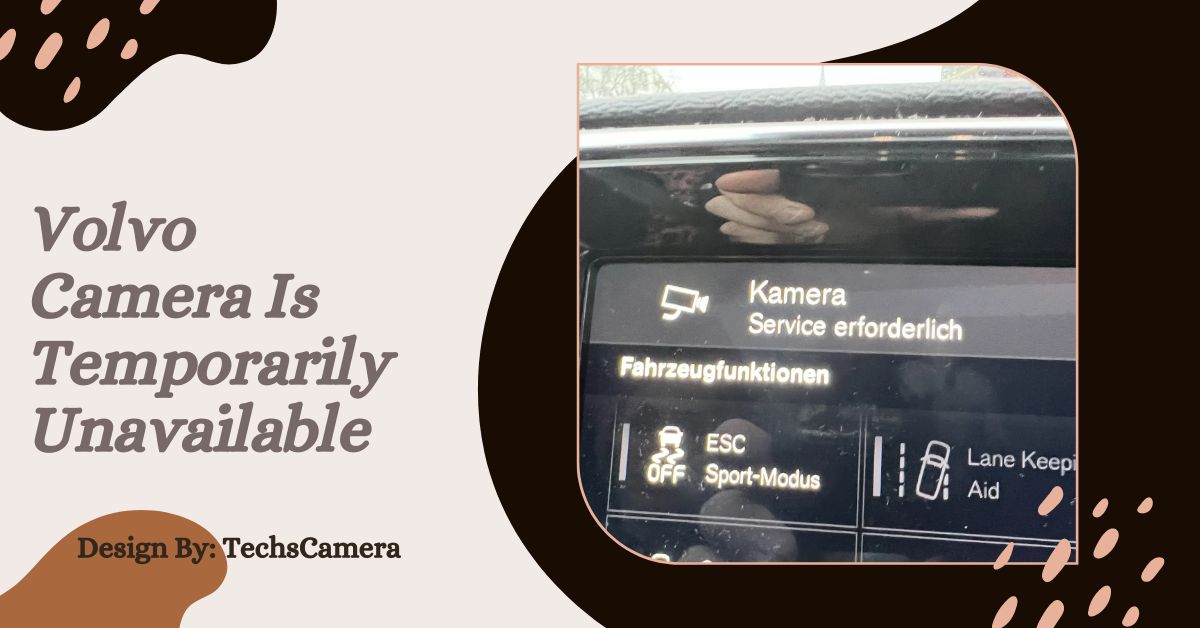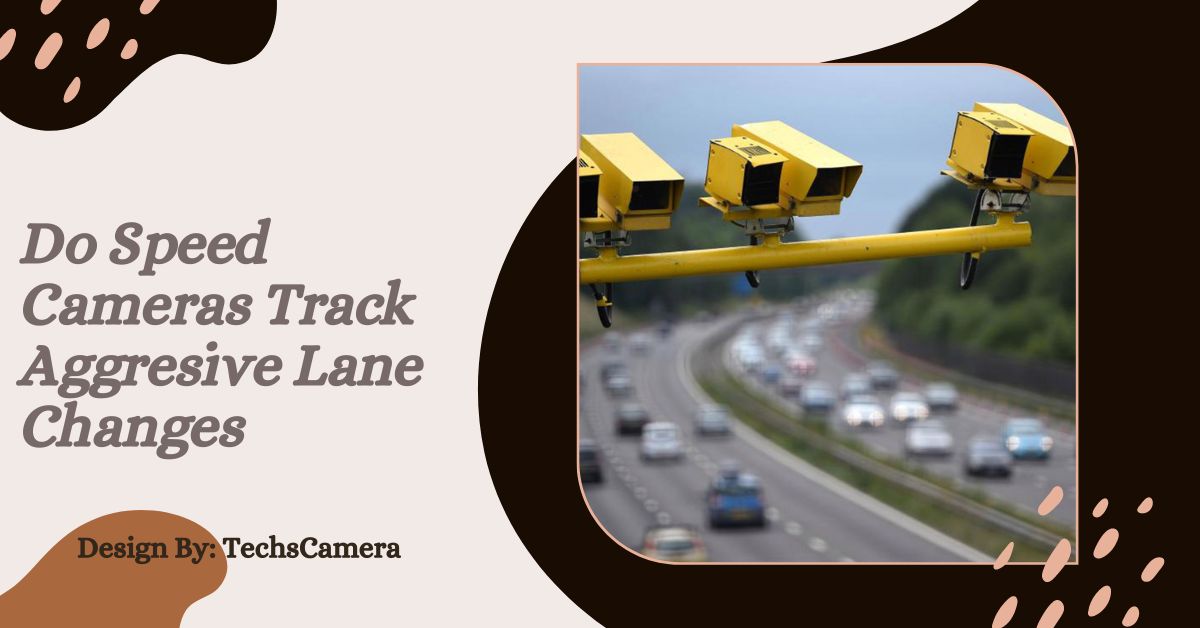Taking pictures of a solar eclipse without a solar filter can damage your camera. Lunar eclipses, however, are safe to photograph without special protection.
Introduction:
Eclipses are captivating celestial events that attract photographers and casual observers alike. The idea of capturing a solar or lunar eclipse can be tempting, but one common concern arises: can taking a picture of the eclipse damage your camera? In this article, we’ll explore the potential risks, provide insights into how to protect your equipment, and offer tips for safely photographing these rare occurrences.
How Eclipses Affect Cameras:
When photographing a solar eclipse, the main threat to your camera is the intense light of the sun. Direct exposure to the sun’s rays can cause irreversible damage to both your camera’s sensor and the lens. Without proper protection, the sunlight during an eclipse is just as harmful as any other time, but with more focus on the small area of the sun that’s still visible.
Why Solar Eclipses Pose a Threat:

Solar eclipses are particularly risky because even though the sun is partially obscured by the moon, it’s still powerful enough to cause damage. The intensity of sunlight can heat up the camera’s sensor, possibly burning or permanently altering pixels. Additionally, the lens could magnify sunlight onto the sensor, concentrating the light and increasing the risk of damage.
The Risk to the Camera Sensor and Lens:
The camera sensor is one of the most vulnerable parts when taking pictures of a solar eclipse without protection. Overexposure to sunlight could burn out the sensor or degrade its quality, leading to distorted or discolored images in the future. The lens itself could also be affected, especially if sunlight is magnified through it for an extended period, resulting in potential scratches, discoloration, or focus issues.
How to Safely Photograph an Eclipse:
To avoid damaging your camera, it’s crucial to take specific protective measures. Here are some effective ways to capture eclipse photos safely:
- Use Solar Filters: A solar filter is a specialized lens attachment designed to reduce the amount of light that enters your camera. These filters block most of the sunlight, allowing you to photograph the eclipse without harming the camera sensor or lens.
- Do Not Use Standard Camera Lenses: Regular camera lenses, even those with UV filters, are not designed to handle the intensity of direct sunlight. Always use a solar filter specifically made for photography when shooting a solar eclipse.
- Use a Tripod: Using a tripod helps you stabilize the camera and reduces the risk of moving the camera in a way that could expose the sensor to unfiltered sunlight.
- Avoid Looking Through the Viewfinder: If your camera doesn’t have a digital screen, looking through the optical viewfinder to capture an eclipse can be harmful to your eyes. Use the digital screen instead, or rely on remote shooting technology.
- Use Eclipse Glasses: If you plan on taking photos with your smartphone or another non-professional camera, wearing eclipse glasses while shooting can protect both your eyes and your device.
Common Mistakes to Avoid:
Many photographers, especially beginners, may assume that the partial obscuring of the sun during an eclipse lessens the risks of damage. This is a dangerous misconception. Even though the sun is partially covered, the exposed light can still cause severe damage to both your camera and your eyes if proper precautions are not taken.
Another mistake is using cheap or inadequate filters. It’s essential to use a filter that meets ISO standards for solar viewing. Not all filters are created equal, and some may not provide sufficient protection.
Also read: https://www.techscamera.com/can-atex-cameras-withstand-subzero-temperatures/
What About Lunar Eclipses:
Unlike solar eclipses, lunar eclipses are safe to photograph without special filters or precautions. The moon does not emit its own light and only reflects the sun’s rays. As a result, the risks associated with photographing a solar eclipse do not apply to lunar eclipses. You can safely use any type of camera or lens to capture a lunar eclipse without worrying about potential damage.
Smartphone Photography and Eclipses:
For those who prefer to capture eclipses using a smartphone, the risks are generally lower than with professional cameras, but they still exist. Smartphone sensors are smaller and less vulnerable, but pointing your phone directly at the sun without a solar filter can cause damage over time, especially if you use zoom functions.
Additionally, the phone’s lens could be scratched or degraded from prolonged exposure to the sun during a solar eclipse. To mitigate this risk, use an appropriate solar filter and avoid leaving your phone pointed at the sun for extended periods.
Is It Worth the Risk:

Given the potential risks to your camera, many photographers may wonder if it’s worth attempting to photograph a solar eclipse at all. The answer depends on how prepared you are. With the right equipment—such as a solar filter and a solid tripod setup—the risk can be minimized, allowing you to safely capture this incredible natural phenomenon. Without proper protection, however, the damage to your camera could be costly.
Repairing Camera Damage from Solar Photography
If your camera sustains damage from photographing a solar eclipse, repairs can be expensive and complicated. Replacing a damaged sensor or lens often costs a significant portion of the camera’s original price. In many cases, the damage may be irreversible, requiring the purchase of new equipment.
To avoid this, it’s always better to invest in the proper gear before attempting to capture a solar eclipse. This preventative step can save you time, money, and frustration in the long run.
FAQ’s:
1. Can taking a picture of the solar eclipse damage my camera?
Yes, without a proper solar filter, the intense sunlight can harm your camera’s sensor and lens.
2. Is it safe to photograph a lunar eclipse?
Yes, lunar eclipses are safe to photograph without any special filters or protection.
3. What type of filter should I use to photograph a solar eclipse?
A solar filter specifically designed for photography should be used to protect your camera.
4. Can I use a smartphone to photograph a solar eclipse?
Yes, but it’s still important to use a solar filter to prevent potential damage to your phone’s lens and sensor.
5. Can I look through the camera’s viewfinder during a solar eclipse?
No, it’s dangerous for your eyes. Use the camera’s digital screen or remote shooting options instead.
Conclusion:
While photographing a solar eclipse can indeed damage your camera if you are not careful, taking the necessary precautions can help you capture stunning images safely. The key is to use specialized solar filters, avoid using standard camera lenses, and protect your equipment and eyes throughout the process. By following these steps, you can enjoy the eclipse and create lasting memories without compromising your gear. Lunar eclipses, on the other hand, pose no such risk and can be captured with standard photography methods.



